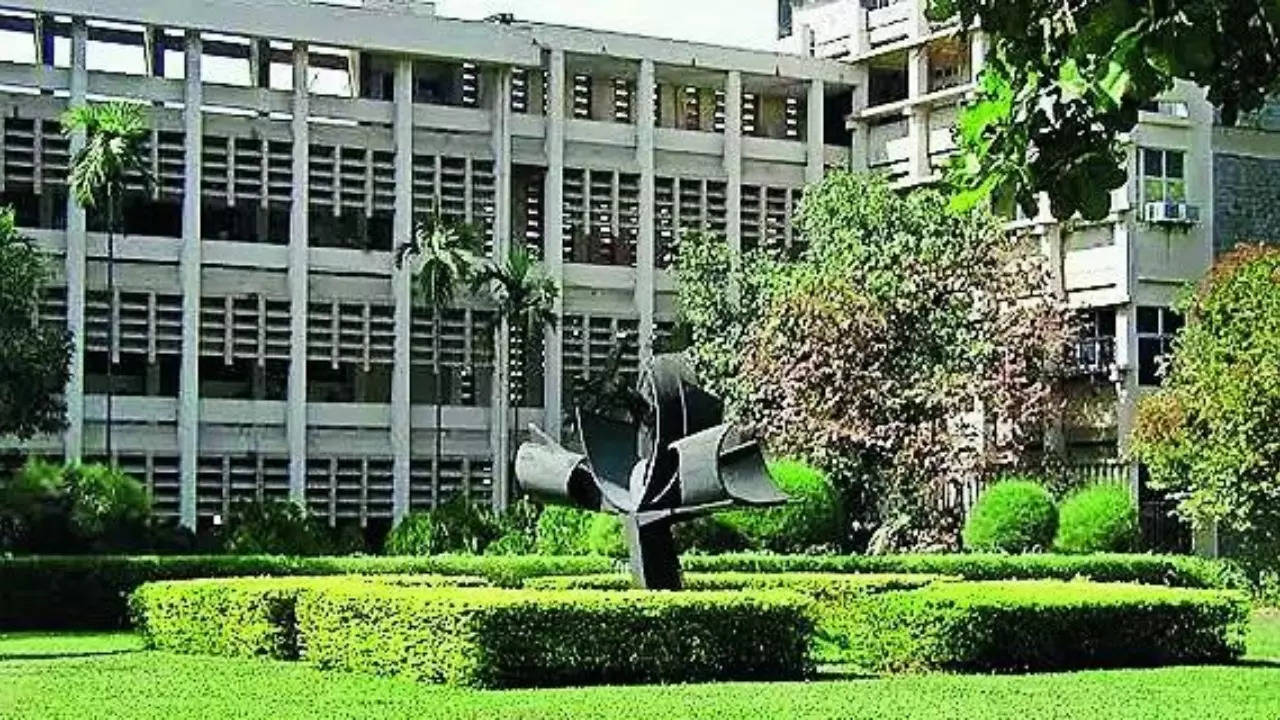IITs see lowest enrolment for doctoral programmes – Times of India
The Covid years disrupted education and its effects were felt after it too for a year. However, the PhD application numbers don’t seem to be picking up at the IITs and the IISc, as observed in a working paper put together by a senior professor of the Indian Institute of Technology Bombay.
“This downward trend of interest in a PhD is coming at a time when these institutions have record faculty strengths and research funding and the demand on their intellectual resources is on the increase,” said IIT-B professor D Manjunath in his paper titled ‘Engineering PhDs in Premier Institutions: What’s the Slope?’, which has been circulating widely in academic circles.
In most institutions, there are two PhD admission cycles every year, in May and in December, and the application count in the December cycle is significantly lower than in the May cycle. The paper noted a drop in applications across core streams of chemical, civil, computer science, electrical and mechanical engineering as also at IITs like the ones in Mumbai, Chennai, Hyderabad and Gandhinagar and at the Indian Institute of Science.
Interestingly, though, according to the All India Survey on Higher Education, there is an increase in enrolments in institutes elsewhere which “is perhaps that many of our prospective applicants are opting for alternative, arguably easier, pathways to get that coveted PhD degree”.
There are other reasons for drop in application numbers at the blue-chip institutes: students going abroad, many bagging government jobs and the overall decline in the quality of the masters’ programmes. Many of the masters programmes, which are feeders for the PhD, “are now in dire straits. In most of the popular departments, the number of students that start the programme in July, the beginning of the academic year, would have dwindled down to about half to one third by the end of the first semester. This attrition is adversely affecting the morale of those students that ‘could not’, as opposed to ‘did not,’ leave the program; and it appears that the former are in a majority. Thus these Masters programs aren’t what they used to be,” said the paper.
Professor Manjunath in his paper observed that several institutions were considering “cancelling” or “severely downgrading” their masters courses. “Eliminating them would inevitably impact the long-term output of PhD candidates. It is essential to preserve and revitalize these programs to maintain a steady flow of qualified students into the PhD pipeline.”
window.TimesApps = window.TimesApps || {}; var TimesApps = window.TimesApps; TimesApps.toiPlusEvents = function(config) { var isConfigAvailable = "toiplus_site_settings" in f && "isFBCampaignActive" in f.toiplus_site_settings && "isGoogleCampaignActive" in f.toiplus_site_settings; var isPrimeUser = window.isPrime; if (isConfigAvailable && !isPrimeUser) { loadGtagEvents(f.toiplus_site_settings.isGoogleCampaignActive); loadFBEvents(f.toiplus_site_settings.isFBCampaignActive); } else { var JarvisUrl="https://jarvis.indiatimes.com/v1/feeds/toi_plus/site_settings/643526e21443833f0c454615?db_env=published"; window.getFromClient(JarvisUrl, function(config){ if (config) { loadGtagEvents(config?.isGoogleCampaignActive); loadFBEvents(config?.isFBCampaignActive); } }) } }; })( window, document, 'script', );
For all the latest Education News Click Here
For the latest news and updates, follow us on Google News.


